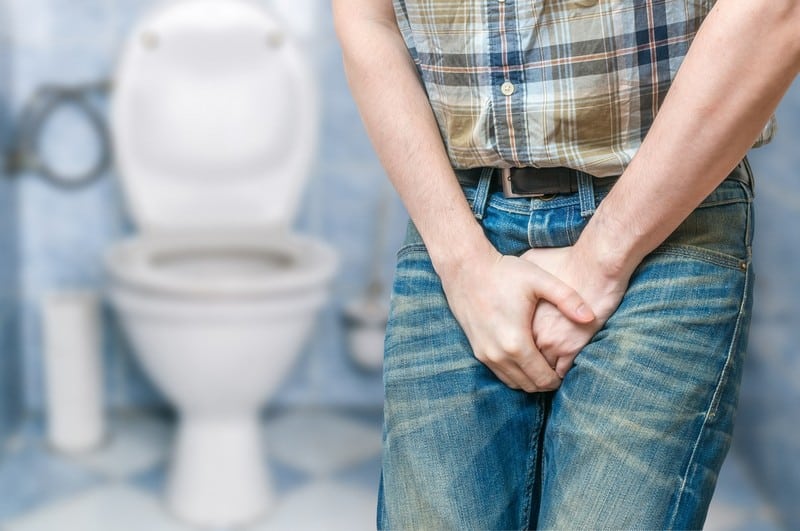Pain After Urination

Painful urination or dysuria is a symptom that occurs in some cases of benign prostatic hyperplasia. Unlike prostatitis, which is characterized by constant pain, the pain associated with an enlarged prostate only occurs during urination.
The development of painful urination in men with prostate gland enlargement is a tell-tale sign of complications. Untreated benign prostatic hyperplasia can result in irritation. When other symptoms, such as urinary incontinence, urinary hesitancy, and urinary retention, are not resolved immediately, the bladder becomes irritated as waste products are not expelled efficiently on time.
Besides lower urinary tract infection, untreated prostate gland enlargement can result in the development of bladder stones. Therefore, when painful urination is accompanied by fever and chills, it is crucial to seek emergency treatment.
Depending on the severity of the pain, the presence of infection, and the overall condition of the prostate gland, men with benign prostatic hyperplasia may need to take medications to alleviate pain and resolve the fever. While prostate gland enlargement is incurable, the symptoms can be managed with the right combination of drugs, lifestyle changes, and therapy. In severe cases, surgery may be the best course of action.










